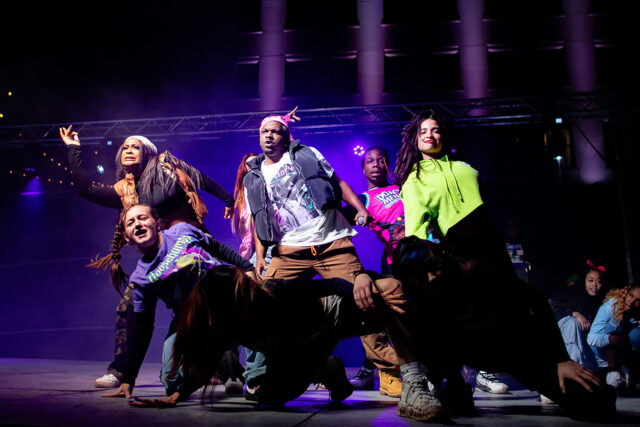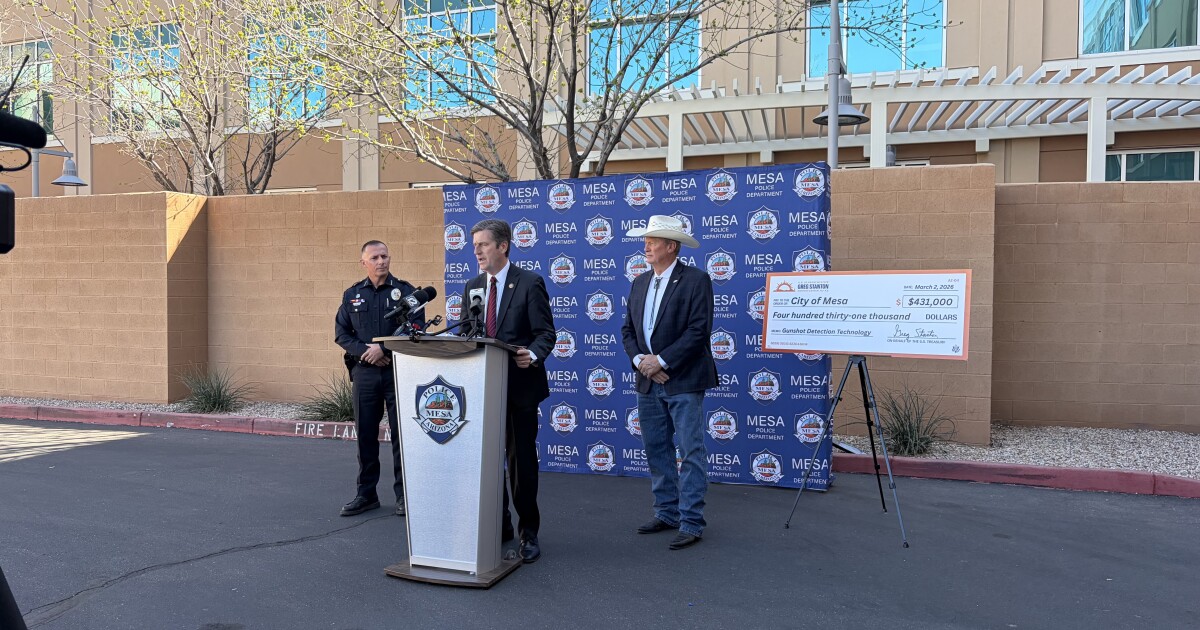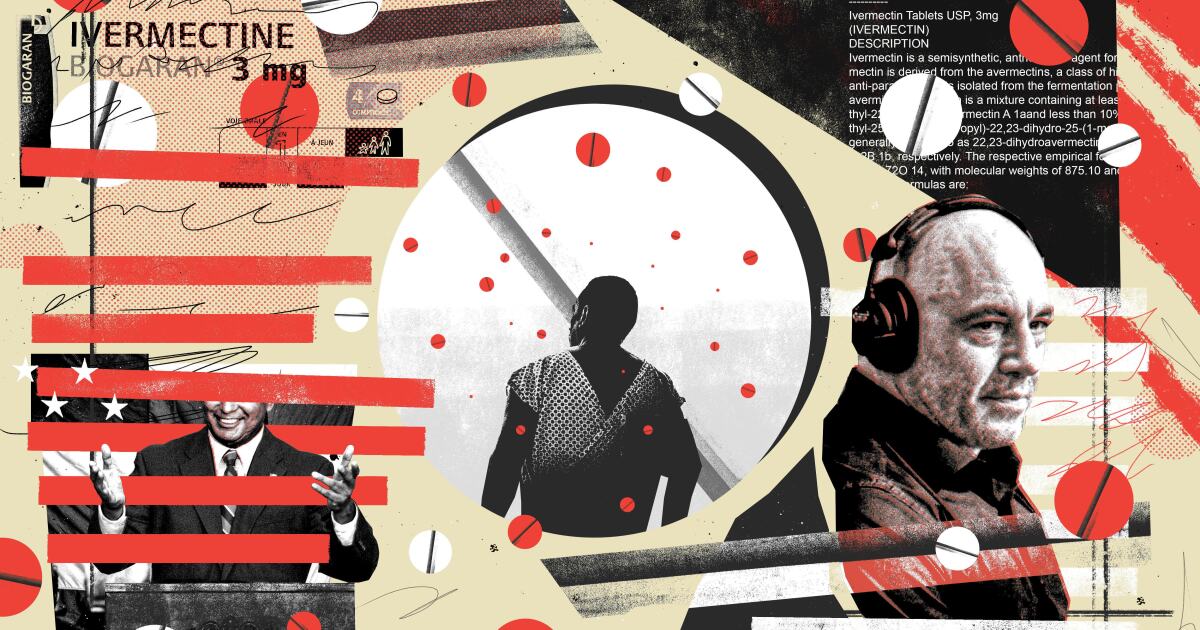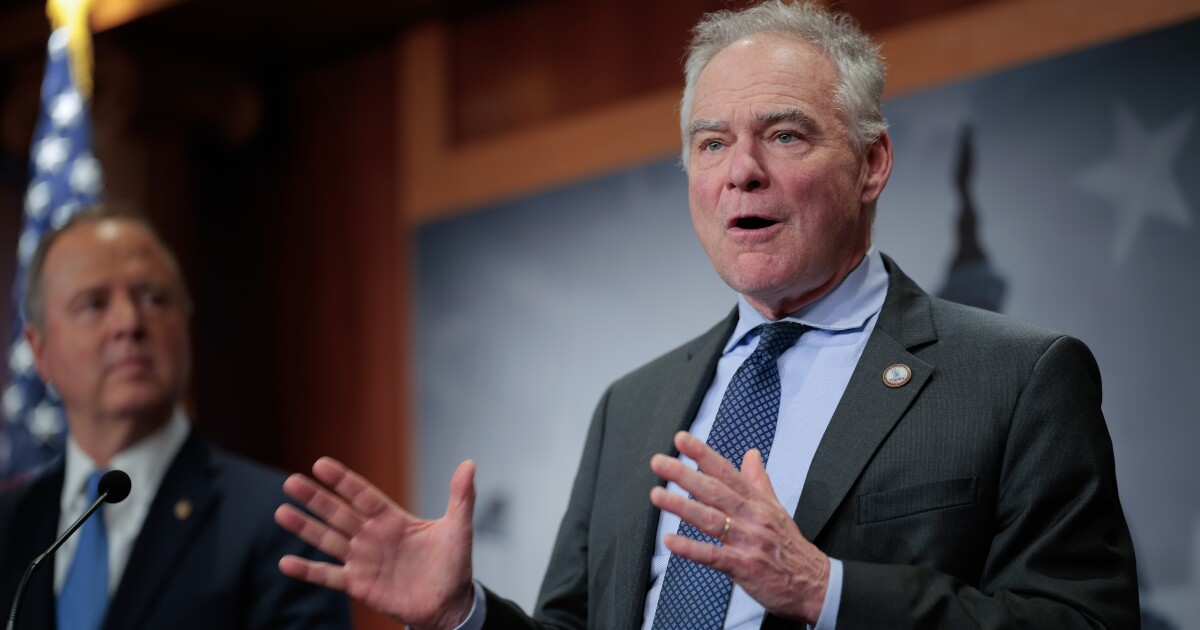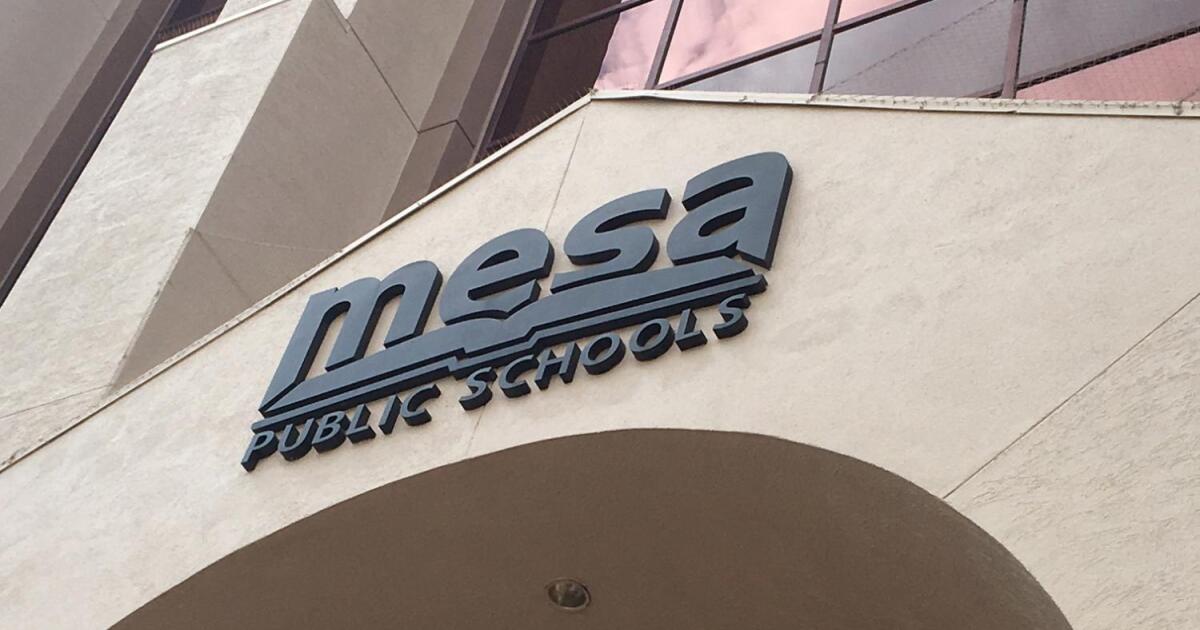“Rust Belt ghost town.”
“One of the most dangerous cities in America.”
A drinking water crisis.
Flint, once a hub of technological innovation, faced economic decline as General Motors relocated operations, affecting the city’s economic base and population. The departure of GM drastically impacted Flint’s ability to support its community effectively, leading to a decrease in population and resources.

How does Flint, a resilient community, rebuild in a post-democratic era? How do local organizations practice democracy outside traditional institutions? A $495,000 Mellon Foundation grant to UM-Flint’s College of Arts, Sciences & Education aims to explore these questions.
The research project, led by Jacob Lederman, Kimberly Saks, and Jason Kosnoski, seeks to document Flint’s democratic practices. “We want to explore a more expansive notion of democratic practices and create a space for UM-Flint faculty and students to collaborate with community members on pressing social, political and historical issues in our region,” Lederman said.
Activities will start with a community symposium featuring local and national speakers. The symposium aims to establish collaborations, document existing practices, and prepare for future project phases.
The next phase will develop UM-Flint courses focused on “Cultures of Democracy,” offering students immersive community engagement experiences. Faculty will create curricula and modules emphasizing democratic engagement.
The project will revive the Dancing in the Streets arts festival for 2026 and 2027. Kosnoski, who previously taught a course involving dance and politics, plans to collaborate again with local artist Tunde Olaniran for the festivals.
“Over the many years I’ve taught in Flint, I’ve seen residents undertake salvage efforts — such as activists in Occupy Flint, urban gardeners, and punks refurbishing abandoned houses — to effect what seem to be ‘cracks in the pavement,’ where people in a highly underresourced city come together to both repurpose what others see as refuse and to form new egalitarian communities. These efforts are like seeds of hope bursting through a seemingly ruined landscape,” Kosnoski noted.
The grant will also document Flint’s successes in democratic practices that parallel traditional institutions. It aims to showcase achievements of organizations like Edible Flint and 100K Ideas while uncovering untold democratic histories.
Unlike other research efforts, this project centers Flint’s community. “This is a massive opportunity for us to do some pretty groundbreaking work on democracy in places like Flint, from a local perspective and within the community instead of looking at it from the outside,” Saks said.
“Where are people becoming civically involved in spaces where we might not think about it? People are very active in community groups in Flint, which isn’t always reflected in Flint’s image, so we must document what’s happening,” she added. “Flint offers inspiring lessons that would benefit other cities facing similar struggles. Our community is worth studying — and celebrating.”
—
Read More Michigan News

